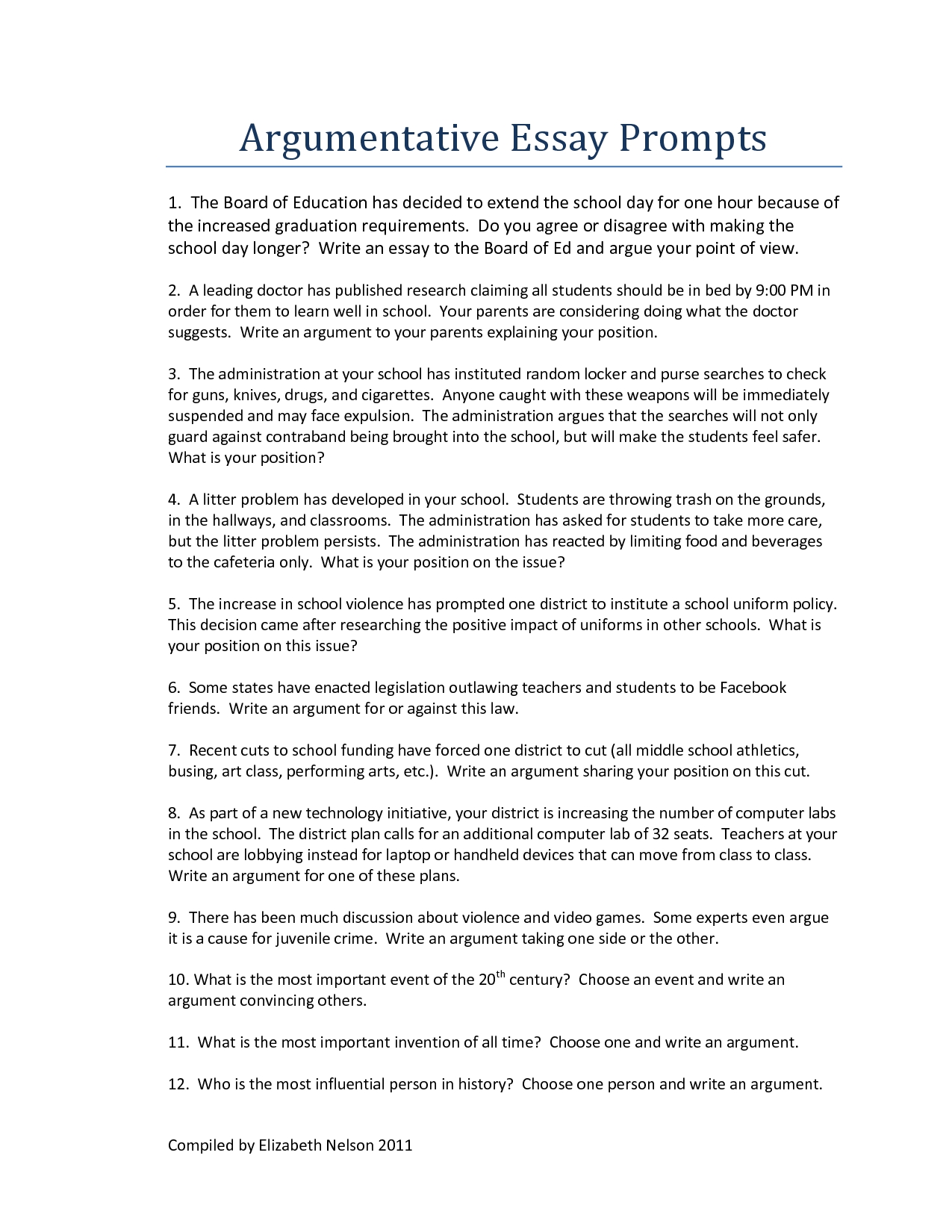

In the latter case, you might choose to introduce additional facts and evidence to support your argument.

If they already agree with your beliefs, convincing them to take your desired action should be easier than if your audience has opposing viewpoints. If they aren't familiar with the topic, provide them with background information and avoid using jargon or complex terminology. Understand your audience and their opinions so that you can take the right steps to influence them. This allows the audience to understand your intent, which may make you appear more trustworthy. When you deliver your speech, state your goal or primary argument early and explain its importance. Understanding your goal can help you organize your message and approach. Set and state a goalĪs you prepare your speech, identify the goal you are trying to achieve so that you can focus your argument on a consistent objective. By addressing relevant counterarguments, you may persuade listeners who have a different opinion than you. You can learn what people think about the topic by reading opinion articles and forum discussions or by listening to podcasts. You should understand all opinions and viewpoints on the topic so that you can address them during your speech. Read articles or books from respected sources such as journals, universities or news organizations.Īlso, familiarize yourself with the counterargument to your speech. Research the topic you’re speaking about to ensure you know as much as you can. Become an expert and anticipate counterarguments Related: 13 Main Types of Speeches (With Examples and Tips) Crafting a persuasive speechįor a persuasive speech to be effective, consider these 10 tips: 1. Speakers can also use nonverbal cues, tone, confidence and the surrounding environment to influence their listeners while giving a persuasive speech. They use examples and supporting evidence to make their argument and prove to the audience why it's true. Logos: Logos is the speaker's ability to use logic and reasoning to convince the audience. The speaker uses feelings such as compassion or fear to connect with and persuade their listeners. Pathos: Pathos is the speaker's ability to appeal to the audience's emotions. An effective speaker proves to the audience they're an expert on the topic and deserve the audience's attention. Persuasive speeches rely on three forms of rhetoric, which are as follows:Įthos: Ethos is the speaker's credibility.

The speaker uses words and visuals to guide the audience's thoughts and actions. What is a persuasive speech?Ī persuasive speech is a type of speech where the goal is to convince the audience to accept the speaker's point of view or perform a desired action.
#Persuasive speech topics plus
In this article, we will define persuasive speech, plus go through 10 tips for creating a persuasive speech of your own. With a plan, preparation and practice, you can influence your audience's or customer's behavior through speech.
#Persuasive speech topics professional
Individuals use persuasive speeches in a variety of professional capacities, including debates, sales pitches, presentations and legal proceedings. A company's employees gather to listen to an announcement.Ī persuasive speech is a type of speech crafted to convince someone to believe or do something.


 0 kommentar(er)
0 kommentar(er)
